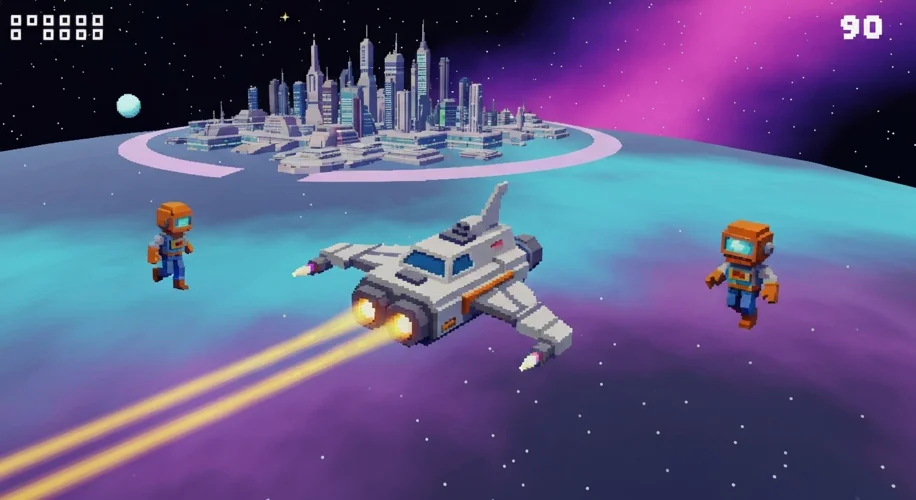Okay, so hear me out…
When the PlayStation VR2 dropped, it felt like a pretty big deal. Sony put a lot of effort into it, and honestly, the headset itself is a solid piece of tech. But lately, if you’re a VR enthusiast, especially a racing sim fan, you might have noticed something. The big game updates, the shiny new releases? They seem to be heading more towards PCVR and even standalone headsets like the Meta Quest.
This isn’t just a feeling; it’s a trend. We’re seeing developers, particularly in genres like racing simulators, shifting their focus. Why is this happening?
Let’s get real, it often comes down to the numbers. PCVR, with its massive installed base of gaming PCs, represents a huge market. Players often invest thousands into their rigs, and they’re willing to spend on high-fidelity VR experiences. Then there’s the Meta Quest ecosystem. It’s incredibly accessible. You don’t need a beastly PC, and its standalone nature makes VR easier for people to jump into. This wider audience means more potential sales for developers.
The PSVR2, while a great piece of hardware, has a more limited user base compared to PCVR as a whole and the rapidly growing Quest platform. Think about it: to use PSVR2, you need a PlayStation 5. That’s a significant barrier to entry that PCVR and Quest don’t have in the same way. For developers, this smaller, more specific market can mean less return on investment, especially for games that require substantial development resources, like complex racing sims.
In my humble opinion, this split isn’t necessarily about PSVR2 being bad. It’s about where developers see the most growth and financial viability. They need to make games that sell, and right now, the broader PCVR and Quest markets are often more attractive.
What does this mean for PSVR2 owners? It’s a bit of a mixed bag. Sony is still supporting the platform, and there are some fantastic exclusives. However, for those hoping for every major VR title, especially in niche genres, to hit the PSVR2 day one, that might not always be the case anymore. You might find yourself waiting longer for ports, or in some instances, a title might skip the platform entirely.
It’s a constant dance in the tech world. Hardware evolves, user bases grow and shrink, and developers adapt. For now, it looks like PCVR and Quest are the current darlings of the VR development scene, and it’s worth keeping an eye on how this trend plays out.

